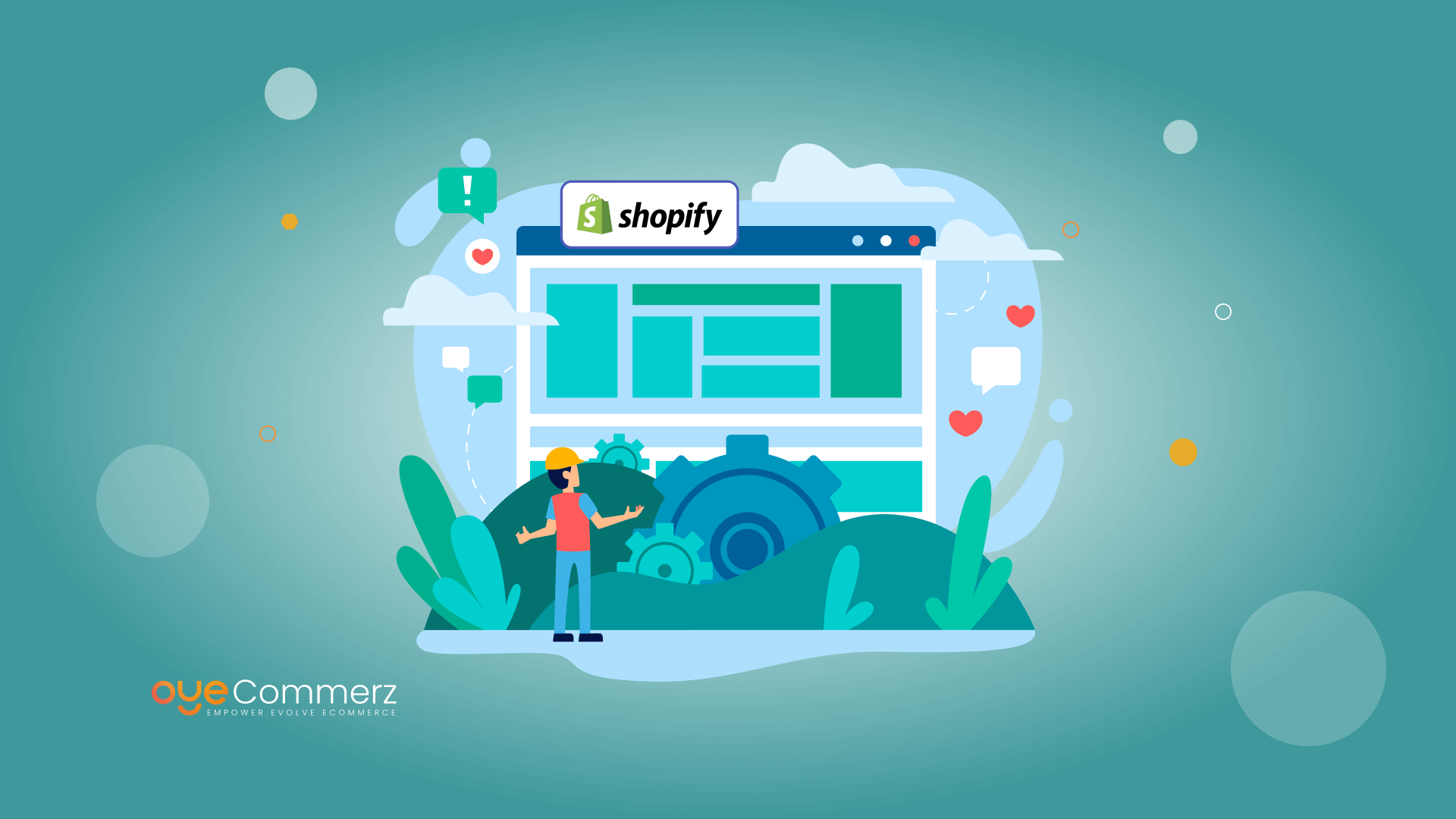Introduction
In today’s competitive e-commerce environment, differentiating is essential, and one of the best ways to differentiate a Shopify store is through tailored app development. A well-built Shopify app can enhance store functionality, simplify processes, and boost customer interaction. This guide delves into essential aspects of Shopify app development, covering API integration and app ecosystem to scaling strategies and digital marketing approaches, providing a roadmap for businesses looking for unmatched store efficiency.
The Importance of Shopify API Integration
Shopify’s API offers robust tools to customize and expand store functionalities. With GraphQL and REST APIs, developers can retrieve information to create apps that manage inventory management, order handling, and customer data management smoothly. Integrating Shopify’s API can lead to better workflow automation and allows stores to serve customers more efficiently.
Adopting the Polaris Design System
Polaris is Shopify's set of design guidelines for creating intuitive and easy-to-use Shopify apps. By following Polaris guidelines, developers ensure that apps seamlessly integrate within the Shopify Admin experience. This provides a cohesive appearance that resonates with Shopify merchants, encouraging usability and familiarity for merchants using your tailored app.
Understanding the Shopify App Ecosystem
The Shopify app ecosystem offers endless possibilities for enhancing e-commerce sites. From handling order fulfillment to boosting customer engagement, apps in this ecosystem are tailored to meet various business requirements. Familiarizing with this ecosystem assists developers in finding unique app ideas and allows for seamless integration of external tools that add value to the store.
Building Embedded Shopify Apps
Embedded apps integrate directly within the Shopify Admin, allowing a seamless experience for merchants. They ensure that merchants do not need to navigate away from their Shopify control panel, simplifying their process. Using Shopify App Bridge and embedded app features is a best practice for offering a unified, integrated user experience.
Using Node.js and React for Shopify Apps
Node.js and React have become top options for Shopify app creation. Node.js enables high-performance server-side applications, while React allows for interactive and adaptive front-end user interfaces. Combined, they offer an strong platform for building fast, scalable Shopify apps that improve store functionality and customer engagement.
Webhooks in Shopify Apps
Webhooks enable instant data updates between Shopify and an external app. They trigger events such as order creation or inventory updates and send instant notifications to your app. By utilizing webhooks, apps can deliver real-time insights for store owners, simplifying processes and increasing efficiency.
Customer Engagement and Digital Marketing for Shopify Apps
To make a Shopify app successful, engaging customers is key. Utilizing digital marketing strategies like SEO, email marketing, and social media campaigns can drive app adoption. Additionally, designing apps with customer engagement in mind (e.g., loyalty programs or personalized recommendations) boosts user loyalty and satisfaction.
Making Your Shopify App Scalable
As e-commerce stores expand, so do their technology requirements. Making sure that your app can manage higher usage, larger data sets, and more complex functionalities is essential. By optimizing server resources and using scalable solutions, you can create apps that grow in tandem with a store’s success.
Essential Features and Maintenance for Shopify Apps
For an app to be effective, it should include essential features like user login, analytics API for Shopify stores dashboard, and customer support options. Regular app maintenance, including updates to fix bugs and ensuring compatibility with new Shopify functionalities, is important to ensure continuous operation and prevent disruptions to business processes.
Summary
Custom Shopify app development offers immense opportunities for e-commerce stores, offering the chance to improve store functionality, streamline processes, and foster customer loyalty. With API integrations and Node.js to focusing on scalability and customer engagement, creating a Shopify app requires thoughtful preparation and strategic execution. If Building optimized Shopify apps you’re ready to unlock your store’s full potential, a custom Shopify app could be the perfect solution. What capabilities do you see for your ideal app? Share your thoughts and begin the journey to an enhanced e-commerce experience!
